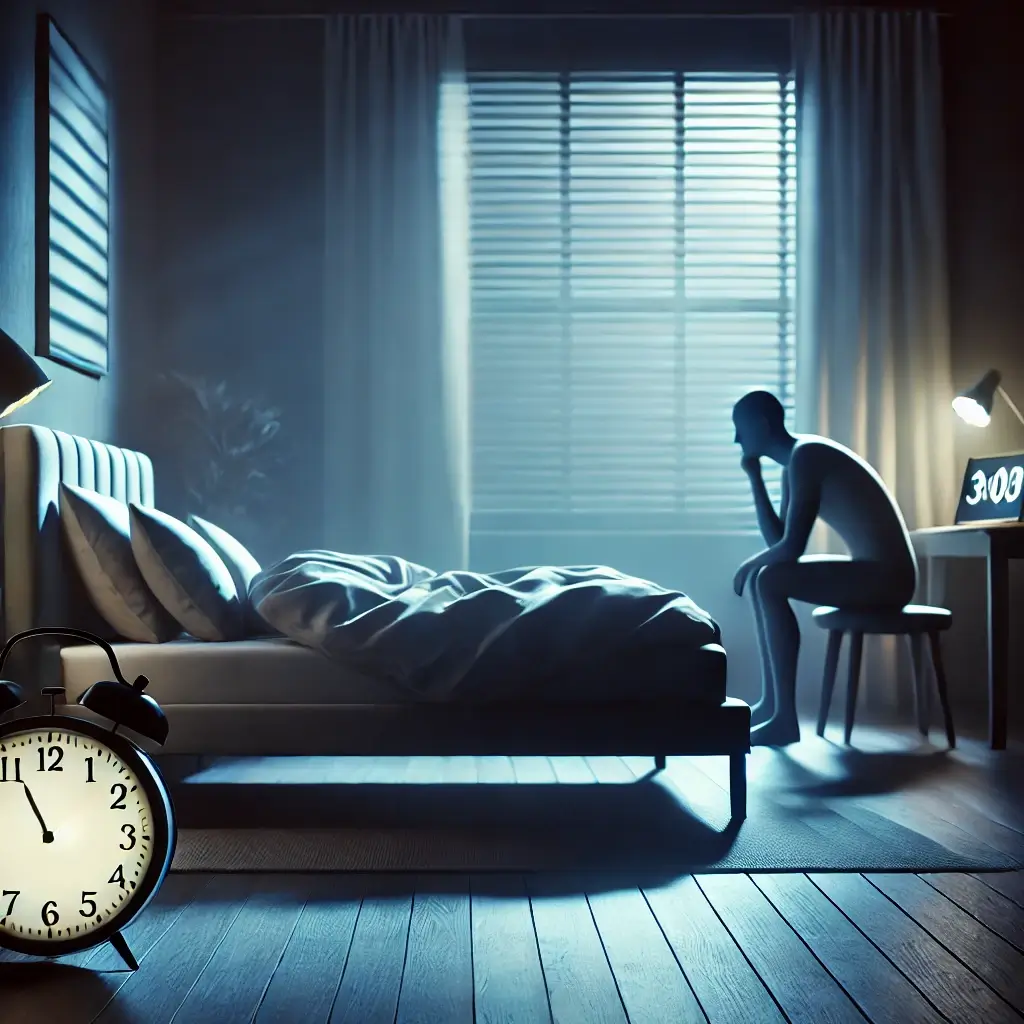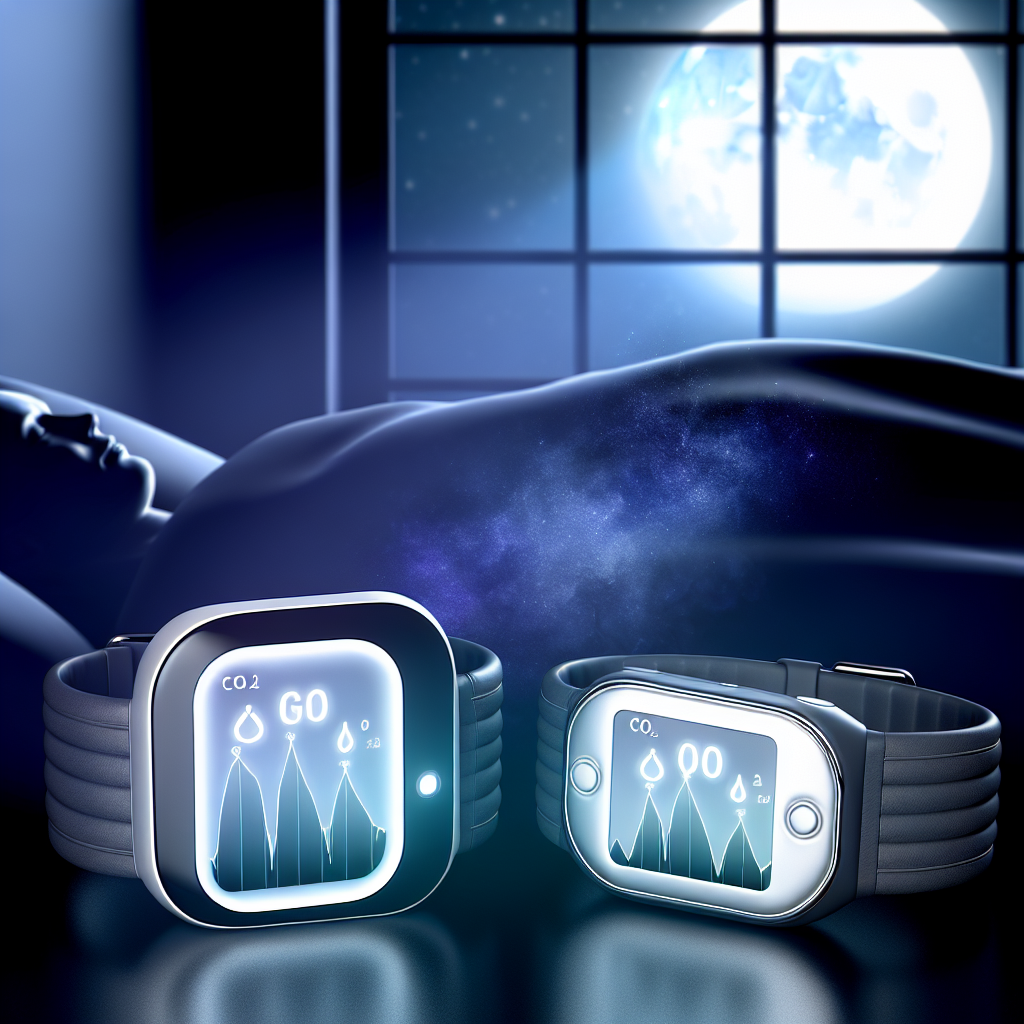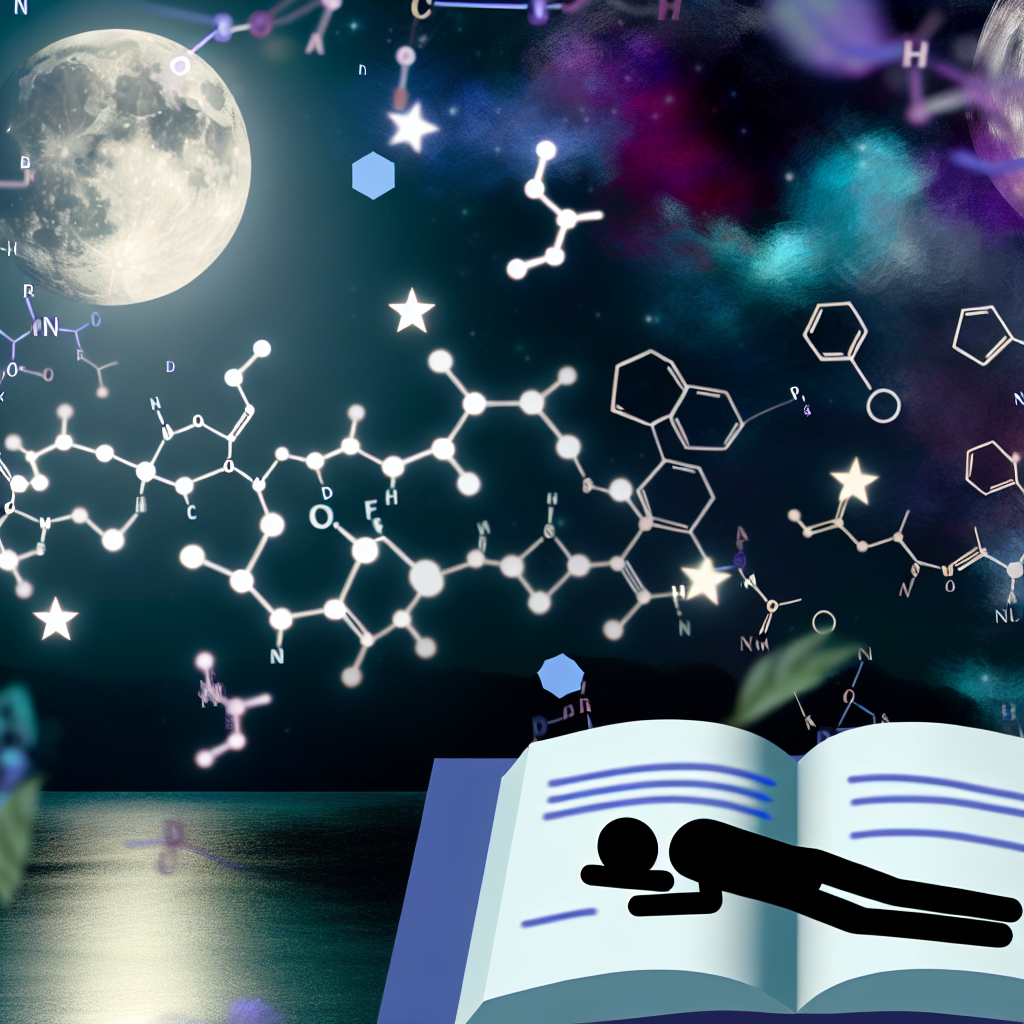The Complex Interplay Between Depression and Sleep
The mental health condition known as depression can cause disruptions in sleep patterns. Depression and sleep difficulties are often interrelated, resulting in a hard cycle that can be difficult to break. Depression can cause problems falling asleep or staying asleep, contributing to insomnia and sleep deprivation.
The Vicious Cycle of Depression and Sleep Issues
Prolonged sleep deprivation can exacerbate the symptoms of depression and make it more difficult to deal with daily challenges. One situation can make the other condition worse, leading to a downward spiral of mental health. It’s considerably more difficult to manage depression symptoms without restorative sleep, leading to feelings of hopelessness and frustration.
Seeking Professional Help for Depression and Sleep Problems
All persons experiencing this cycle should prioritize seeking assistance from a qualified medical practitioner. Depression and sleep disruptions can be treated with various approaches, including psychotherapy, medication, and lifestyle changes. By breaking the cycle, individuals can improve their mental health and overall well-being.
How Depression Affects Sleep Patterns
Depression can lead to insomnia symptoms, including difficulty falling asleep, staying asleep, or waking up too early. It can also cause excessive daytime tiredness, further impacting daily functioning.
The Impact of Sleep on Depression Management
Insufficient sleep can make managing mental state, energy levels, and attention more difficult. It can also impair cognitive function, negatively impacting decision-making, problem-solving, and memory. To achieve optimal well-being, it’s necessary to manage both depression and sleep problems effectively.

Dominic E. is a passionate filmmaker navigating the exciting intersection of art and science. By day, he delves into the complexities of the human body as a full-time medical writer, meticulously translating intricate medical concepts into accessible and engaging narratives. By night, he explores the boundless realm of cinematic storytelling, crafting narratives that evoke emotion and challenge perspectives.
Film Student and Full-time Medical Writer for ContentVendor.com




